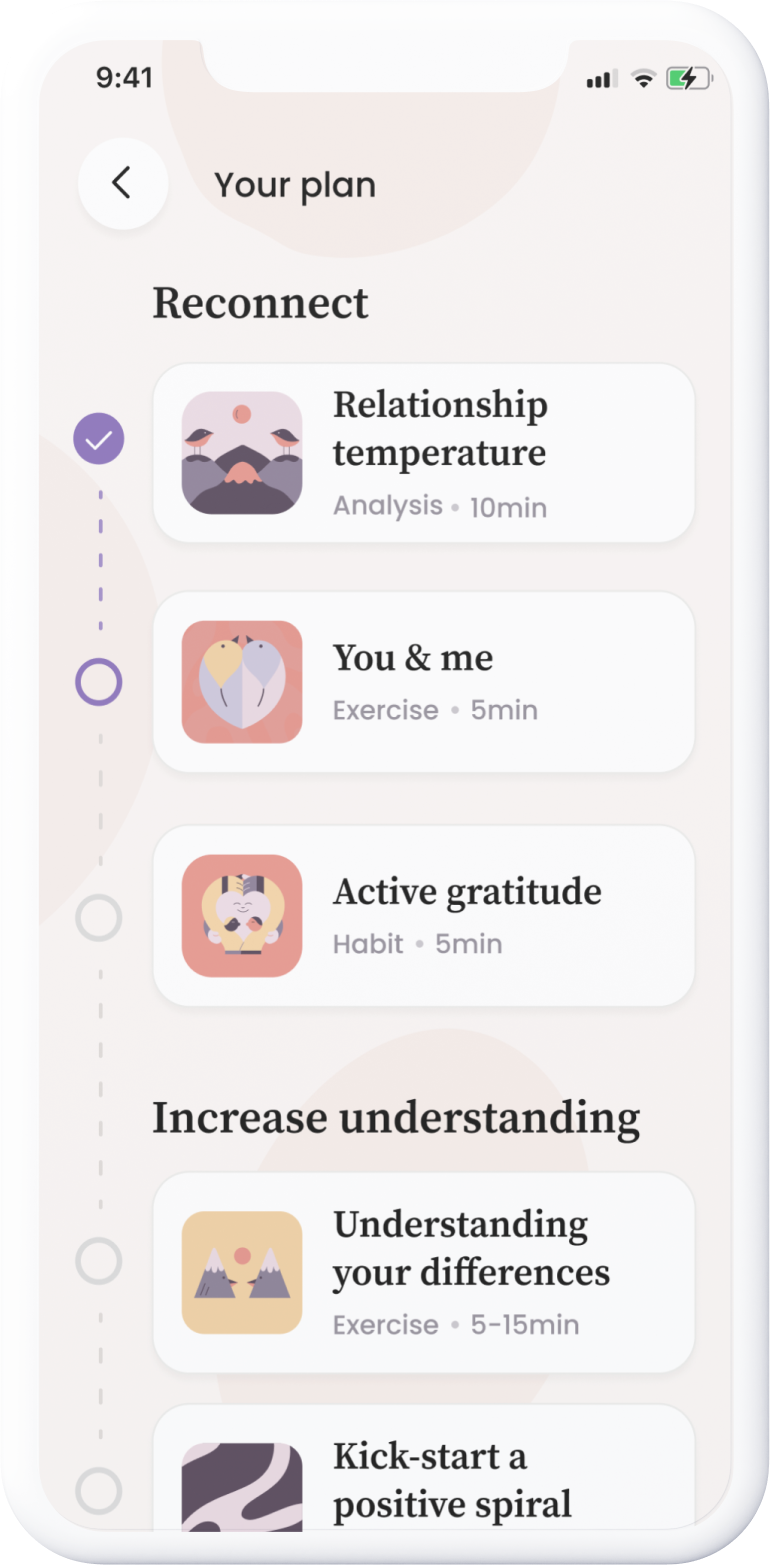
Texting anxiety is a form of anxiety that arises in connection with sending or responding to text messages. For some individuals, the process of composing, sending, and awaiting responses to text messages can be a source of worry and stress. This type of anxiety can have various causes and affect people in different ways. Texting anxiety is not a formal medical diagnosis but rather a term that describes the anxiety and stress experienced in connection with sending or responding to text messages.
For some individuals, texting anxiety may arise due to a fear of saying the wrong thing or making a mistake in their text messages. They may feel the pressure to be perfect in their communication and fear embarrassing themselves or making someone upset with a poorly worded message.
Others may experience texting anxiety due to a fear of not receiving a response or being ignored by the person they are sending the message to. Waiting for an answer can be really stressfull. This fear of rejection can lead to overanalyzing every message and constantly checking their phone to see if a response has been received.
Texting anxiety can also arise due to a fear of misunderstanding or lack of clarity in text messages. Because text messages lack non-verbal cues such as tone of voice and body language, it can be easy for messages to be misinterpreted, leading to worries about being misunderstood or not being correctly understood by the recipient.
How texting anxiety can impact on your relationship
Communication problems
Texting anxiety may lead a person to avoid sending or responding to messages, making it difficult to maintain healthy communication in the relationship. This can result in misunderstandings, frustration, and increased tension between the parties.
Stress and worry
For those suffering from texting anxiety, constant thoughts and fears surrounding text messages can create a persistent sense of stress and worry. This can affect their well-being and contribute to a negative spiral of anxiety in the relationship.
Withdrawal
If a person feels overwhelmed by texting anxiety, they may tend to withdraw or refrain from participating in communication via text. This can create a sense of distance between the parties and decrease the feeling of closeness and intimacy in the relationship.
Misinterpretation of feelings
Text messages sometimes lack the nuances and emotional tone that can be conveyed through facial expressions, tone of voice, and body language. Therefore, individuals suffering from texting anxiety may misinterpret messages and overanalyze words, leading to misunderstandings and conflicts in the relationship.
Reduced trust
If a person constantly feels anxious and distrustful of their partner's responses to text messages, it can lead to a diminished sense of trust in the relationship. This can create tensions and insecurity that can undermine the relationship in the long run.
In summary, texting anxiety can affect a relationship by disrupting communication, increasing stress and worry, creating distance between the parties, leading to misinterpretation of feelings, and reducing trust. Being aware of these effects and working together to manage texting anxiety can help strengthen and improve the relationship.
5 tips on how to deal with texting anxiety
Dealing with texting anxiety can be challenging, but there are several strategies you can try to manage and reduce your feelings of anxiety:
1. Limit Screen Time
Try to limit the amount of time you spend on your phone or other devices. Constantly checking for messages can exacerbate anxiety. Set specific times during the day to check and respond to messages, and then refocus your attention on other activities. Engage in a hobby, spend time with loved ones, or immerse yourself in a fulfilling activity.
2. Be Aware of Negative Thoughts and Actions
When negative thoughts about texting arise, you can allow them to exist but still challenge them by taking opposite action. Instead of avoiding or procrastinating on responding to messages due to anxiety, deliberately engage in texting.
3. Challenge Perfectionism
Let go of the need for perfection in your text messages. Remember that communication is a two-way street, and misunderstandings can happen. Focus on being authentic rather than perfect. Send messages even if they feel imperfect or if you fear judgement.
4. Set Boundaries
Establish boundaries around texting and communication with others. Let people know your preferred communication style and response times. It's okay to prioritise your own well-being and set limits on how often you engage in texting.
5. Utilise Face-to-Face Communication
While texting is convenient for quick exchanges, it's important to recognize its limitations, especially for serious discussions. Instead of relying solely on text messages for important conversations, prioritise face-to-face communication whenever possible. In-person interactions allow for clearer communication, nonverbal cues, and a greater opportunity to ensure mutual understanding.
How to help your partner struggling with texting anxiety
Helping your partner who has texting anxiety involves being attentive, encouraging and having open communication. It's important to create a safe environment where your partner feels free to express their feelings and needs regarding texting. By showing empathy and understanding for their challenges without judging or reducing their feelings, you can support them in a positive way.
Also, respect your partner's boundaries when it comes to texting and avoid pressuring them to respond immediately or participate in conversations they don't feel comfortable with. Provide positive reinforcement when your partner takes small steps to manage their texting anxiety and acknowledge their progress, no matter how small.
Offer to be a support by being there for your partner when they need to talk or feel overwhelmed. Try to explore alternative communication methods that may feel less overwhelming, such as voice messages or video calls.
Encourage your partner to prioritise their own well-being by doing something that brings them joy and help manage their texting anxiety. By showing understanding, empathy, and support, you can help your partner feel more comfortable and confident when it comes to texting, and strengthen your relationship in the process.








